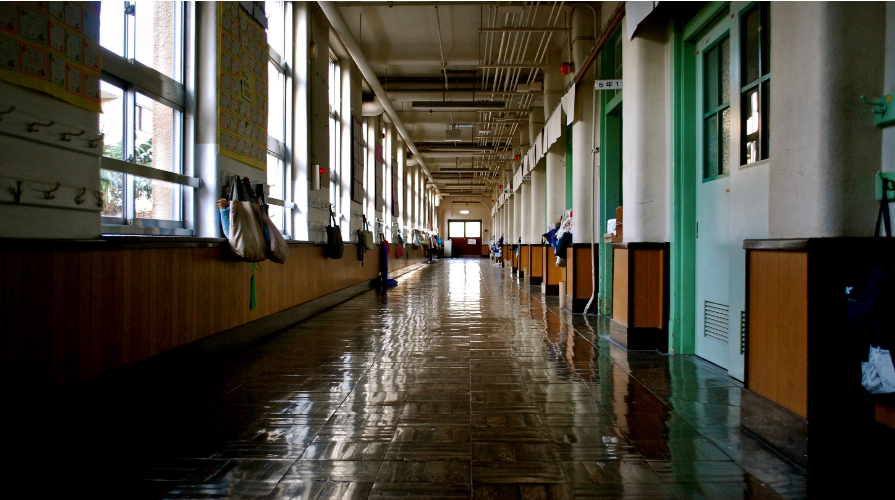Prohibiting Local Governments from Lobbying is Community Censorship
You may have heard some lawmakers in Austin talking about eliminating what they define as “taxpayer-funded lobbying” on the part of school boards and other local governments. What you’re not hearing, however, are the facts about a proposal that would essentially silence the voices of locally elected officials.
In fact, elected school board trustees — more than 7,000 across the state — make up the largest group of elected officials in Texas, and efforts to silence them through claims of “taxpayer-funded lobbying” amount to community censorship.
Community censorship is bad for local taxpayers and voters because it would limit the ability of local education leaders to advocate for what’s best for their schools and communities. That censorship would also come at a significant cost, misallocating resources that could be better used to educate students.
Community Censorship Unfairly Targets Public Schools, Cities, and Counties
All industries, issues, and causes have people at the Capitol to make sure their voices are heard. In fact, the state government hires lobbyists to represent Texas’ interests at the federal level. Local governments, including public schools, should not be treated differently.
Lawmakers should respect the democratic choices made by communities to elect school board trustees, as well as the choice of school boards to work together as members of the Texas Association of School Boards or any other group, to advocate for their students and schools.
Community Censorship Wastes Taxpayer Resources
School board members are unpaid volunteers who live, pay taxes, and often hold full-time jobs in their communities. They don’t have the time to research, analyze, and track every education-related bill, meet with lawmakers, or travel to Austin to testify on a regular basis or when unexpected legislative maneuvers require action.
It’s more cost effective for districts (and therefore taxpayers) to pool their resources and provide a legislative agenda to a team that works in Austin than to have more than 1,000 school districts hire individuals to do that work.
The vast size of Texas also makes travel to and from the Capitol building in Austin close to impossible and cost-prohibitive for many school districts. Quite simply, this bill would disadvantage smaller, more rural districts that don’t have the resources to send trustees and school staff to Austin on a regular basis. Here are some important considerations:
- Nearly 70% of trustees live more than a three-hour drive from Austin. That equates to a six-hour round trip for these hard-working public education volunteers.
- About 25% of Texas trustees would need to spend at least five hours in a car to get to Austin one way, which makes round-trip travel impossible to do in a day.
- Trustees of one Texas school district in far west Texas win the prize on distance, with 639 miles — close to a 10-hour drive each way — separating these trustees and their community’s voices from important conversations at the Capitol.
- Not only would school leaders need to spend that time traveling, but they would need to wait hours in a committee hearing to speak for two to three minutes.
K-12 education funding makes up a significant part of the state budget. School leaders’ first-hand knowledge of their districts is vital to lawmakers when making decisions that affect Texas schools.
Community Censorship Undermines Local Governance
In a democracy, locally elected officials are accountable to the citizens who elect them. It’s false to say they lobby against the interests of their taxpayers. Voters always have the final say at the ballot box.
Additionally, the State Board of Education requires school boards to advocate on behalf of their district and students. This is part of a school board’s responsibility, as laid out by the Texas Education Agency (TEA), which mandates that trustees advocate on behalf of the public schoolchildren in their district and provide input and feedback to the Legislature on issues important to their communities. Joining together and hiring legislative professionals can be the most cost efficient and effective way for boards to meet these requirements.
Community Censorship Erodes Student Outcomes
Any legislative efforts that seek to ban school boards and their associations from advocating at the Capitol would hinder the ability of public servants to speak out for what’s best for the students entrusted to their care.
State lawmakers should respect the democratic choices made by Texas communities in electing school board trustees, as well as the choice of school boards to work together to advocate for common goals.
Download the PDF




